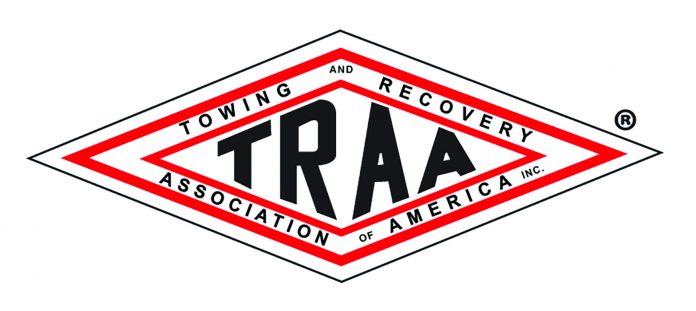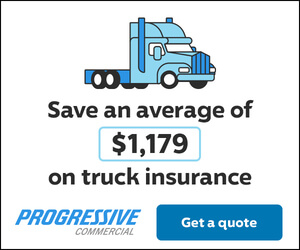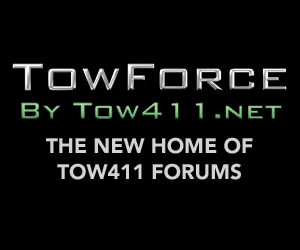Changes in Washington are once again posed to impact your business operations. Under FMCSA’s Entry-Level Driver Training (ELDT) rule the requirements for entry-level CDL trainees are getting stricter effective February 7, 2022. If you have not already heard of it, the ELDT rule sets minimum training standards for both those applying for a CDL and those providing training. First published in the Federal Register on December 7, 2016, the compliance date was pushed back from February 7, 2020 to February 7, 2022 to give state driver’s license agencies time to update their infrastructure, procedures, and budget allocations to meet the increased data collection and reporting requirements. With the date fast approaching, its essential that our members understand the changes and start preparing now.
New CDL Applicant Regulations
Under the FMCSA rule change, applicants must complete CDL training from an approved provider listed on the Training Provider Registry (TRP) before taking a CDL skills test or hazardous materials (H) endorsement knowledge test. The new regulations apply to applicants who want to:
- Obtain a Class A or Class B CDL for the first time.
- Upgrade an existing Class B CDL to a Class A CDL.
- Obtain a school bus (S), passenger (P), or hazardous materials (H) endorsement for the first time.
You did not read that wrong. Even if a driver already has a CDL, they will need to meet the new regulations if they are upgrading or applying for an S, P, or H endorsement for the first time on or after February 7, 2022. Completion of an approved training course will be verified by the applicant’s state driver’s license agency prior to administering the relevant skills or knowledge test. The good news is that the rule is not retroactive, so individuals issued a CDL or an S, P, or H endorsement prior to February 7, 2022 do not need to meet the new training requirements. Additionally, anyone with a Commercial Learners Permit (CLP) issued before February 7, 2022 will not be subject to the new requirements if they obtain the CDL before their CLP expires.
It is important to note that Entry-Level Driver Training (ELDT) regulations do not apply to those exempted from CDL requirements under 49 CFR part 383 including:
- Individuals applying under § 383.3(c), (d), or (h);
- Individuals applying for a restricted CDL under § 383.3(e) through (g);
- Military personnel who meet all requirements and conditions of § 383.77; or
- Individuals applying for a removal of a restriction in accordance with § 383.135(b)(7).
New CDL Training Standards
The rule change also sets minimum standards for CDL training providers. Under the new regulations, training courses must include both knowledge/ theory and behind the wheel (BTW) components. For the theory component, training providers can use lectures, demonstrations, computer based, and online learning. Required topics for the theory curriculum include basic operation, safe operating procedures, vehicle systems, reporting malfunctions, and non-driving activities information such as hours of service (HOS). Trainees must score at least 80% on the knowledge assessment to pass the theory portion. The behind the wheel training component must include an instructor-narrated drive to demonstrate basic vehicle control skills and proficiency in basic maneuvers. Simulators do not count towards the BTW training requirement. It is also important to note that the rule does not set a minimum number of hours for behind the wheel or knowledge training, just that CDL trainees have received the training and demonstrated proficiency.
Any CDL training provider wishing to be approved for the Training Provider Registry (TRP) will have to meet FMCSA’s requirements for curriculum, facilities, instructors, state licensing, and vehicles. Training providers are also required to electronically upload the trainee’s credentials to the TPR no later than midnight of the second business day after the training is completed.
If you are not already doing so, now is the time to start preparing for the new regulations and enroll your drivers in an approved CDL training program. If you have any drivers with valid CLPs issued before the deadline, we strongly recommend that you work with them to prioritize obtaining the CDL before their CLP expires.
For additional information on the ELDT rule, https://tpr.fmcsa.dot.gov.










